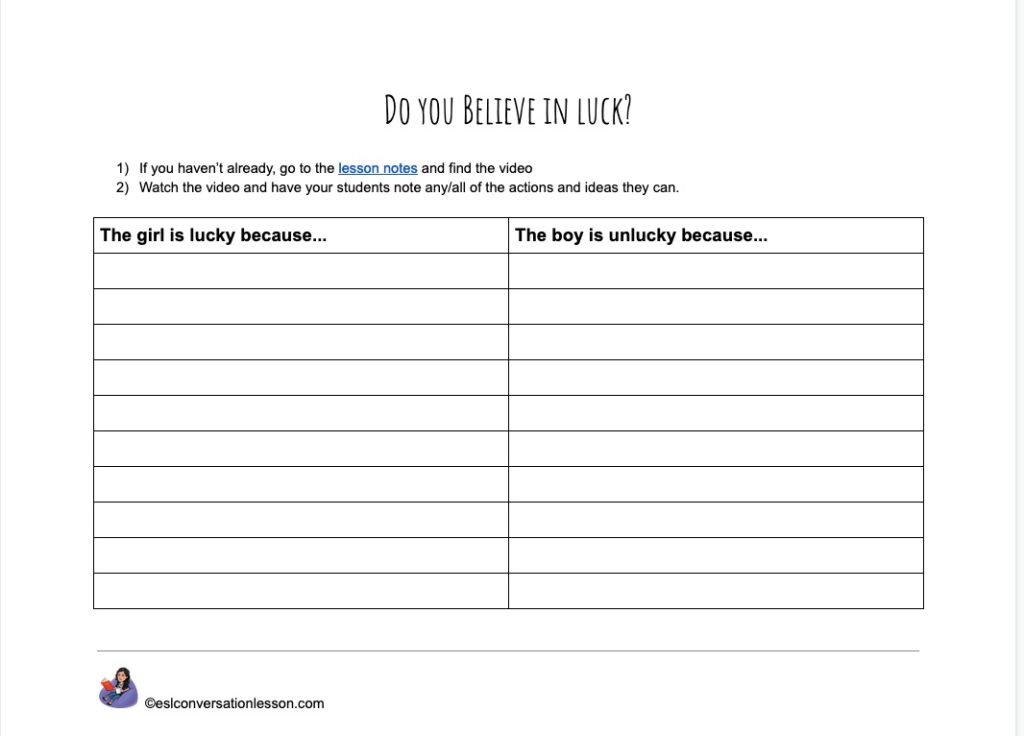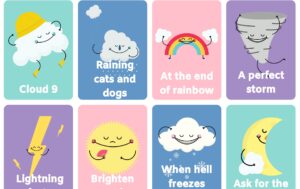Books have been written about it, alcohol-based dinners never go without it, and more recently, we are digging into what defines it. Put simply, what are the differences between men and women? This TED talk by biologist Karissa Sanbonmatsu really got my attention. First of all because she presents some of the new discoveries from epigenetics and research in DNA that explain the differences between men and women from a biological perspective. Gotta love science. This lesson is filled with tons of scientific vocabulary to describe how DNA works to create gender differences.
However, here is the twist, Sanbonmatsu, a transgender scientist, also talks about the challenges she faced through her struggle with her own identity. This content is layered and complex. On one hand the objective is to help science-based students become more verbal with DNA related vocabulary–an important corner stone topic for biologists. But beyond that, the speaker pulls in the social challenges of the “old boys club” that exists in the scientific community as well as the very misunderstood transgenderism.
Pre discussion
- What are some of the theories you have heard about the differences between men and women?
- Do you think there are differences?
- What does it mean to be transgender?
The Video: The Biology of Gender
There are really two aspects in this video mashed up together. 1) Sanbonmatsu shares the science of gender. 2) Sanbonmatsu talks about the reactions of her scientific community towards transgenderism.
I would first untangle each aspect.
- What does the latest research tell us about gender?
- What is the behaviour of our DNA?
- How is Sanbonmatsu contributing to a society of tolerance inclusion?
- Why does Sanbonmatsu expose the scientific community as being especially hard on her choices?
- Do you think there are other social circles where transgenderism is more difficult?
- What about less difficult?
I leave you with that for the weekend…have a good one.
Mel

















